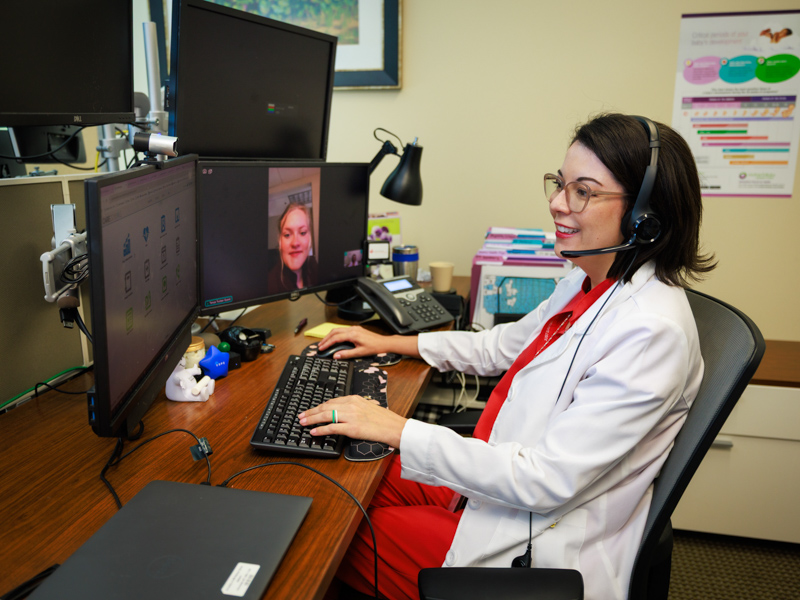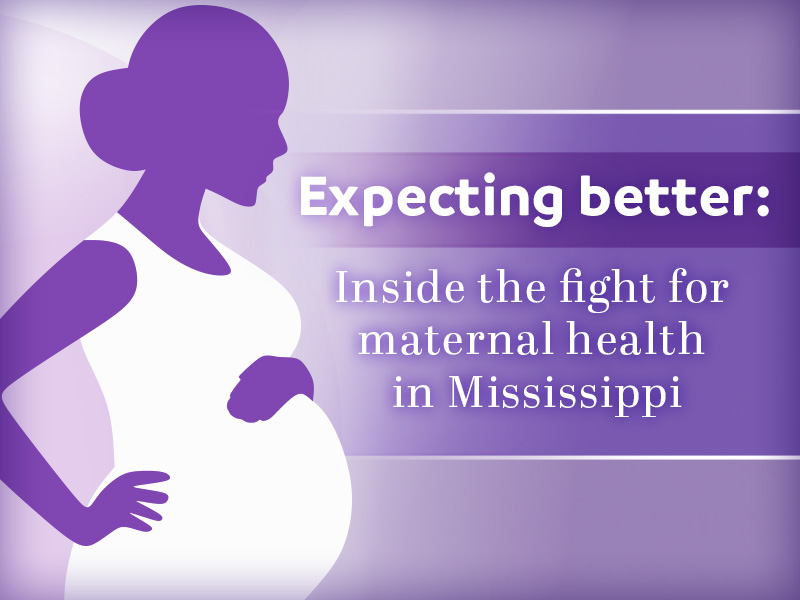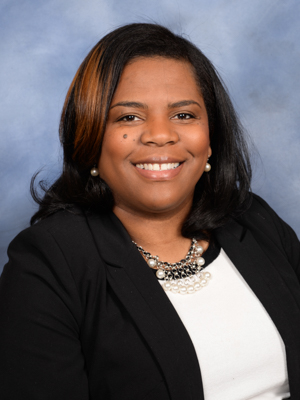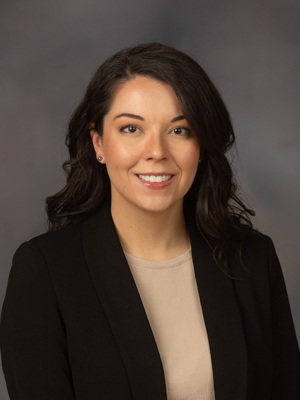UMMC’s maternal telehealth program supports patients throughout pregnancy

Editor’s Note: Throughout this series about maternal health, we will take a closer look at the University of Mississippi Medical Center’s work through its three-part mission of education, research and health care to address the state’s maternal health crisis. These stories, which will be part of an occasional series examining the state’s only academic medical center’s role in fighting some of the most pressing health issues, share the experiences of caregivers, researchers, patients and learners. We hear from those affected by maternal health challenges and from those who are fighting against them in the hospital room, lab and classroom.

When Candace Walker of Pontotoc found out she was pregnant at 39, she knew her journey wouldn’t be easy. With Type 2 diabetes, high blood pressure, neuropathy and a history of heart disease, her pregnancy was considered high-risk from the start. But what scared her the most was the thought of going through it alone.
Instead, she found an unexpected lifeline—a tablet, a telehealth app and a nurse named Tiffany.
“I never felt alone, Walker said. “I got linked with Nurse Tiffany early in my pregnancy. I had everything and every outlet to help make it the pregnancy journey successful.”
Since its launch in 2022, a maternal telehealth initiative at the University of Mississippi Medical Center has been quietly transforming the lives of pregnant women in Mississippi from the comfort of their own home.
The program is rooted in the UMMC Center for Telehealth’s remote patient monitoring infrastructure, a system that was developed more than a decade ago to help patients manage chronic illnesses like diabetes or hypertension. Now, that same technology is being used to support pregnant patients across rural and underserved parts of Mississippi—many of whom face barriers that aren't seen on a medical chart.

“There are a lot of reasons someone might be at risk during pregnancy that have nothing to do with a diagnosis,” said Dr. Tearsanee Davis, nurse practitioner and Director Clinical programs and Strategy at the Center for Telehealth. “They may not have reliable transportation. They may not know what resources exist around them. This helps bridge that gap.”
Supported by a grant from the Health Resources and Services Administration, the maternal RPM program connects eligible participants with a registered nurse care coordinator who provides education, health monitoring and emotional support throughout pregnancy into the postpartum period.
Once patients enroll, they’re connected with RN care coordinator, Tiffany Regan.
“I call her their ‘partner in pregnancy,’ said Davis. “She is there for them every step of the way. She calls to see how they are doing, goes over their readings, gives them tips and advice and dispels myths. Patients know that they can always talk to her. They trust her.
“Tiffany is an advocate for them. If there is a situation where a patient feels like she isn’t being heard, she will help her formulate what she wants to say or what questions to ask. She has even called physicians and nurses and gone over readings with them. A mom’s blood pressure may not be what you’d consider high risk today, but if it is increasing over time, that’s something to consider. And if she wasn’t on remote patient monitoring, no one would ever know that. That’s why this is important.”

Regan calls herself the eyes and ears between primary visits. “Maternal care doesn’t start and stop in the clinic,” she said.
Participants connect with Regan through a mobile app, either on their own smartphone or on a tablet provided by the program. The app syncs with the telehealth equipment that tracks blood pressure and glucose levels and uploads the readings to EPIC each day so Tiffany can access them. Regan also sends detailed summaries to each patient’s obstetrician on a regular basis.
From the beginning, Regan works with each patient to lay out a personalized roadmap for care.
“I ask them if they have reliable transportation to get to and from appointments. I go through their insurance and let them know what they offer and what’s covered,” she said. “Whether it's finding car seats, child care or food banks—whatever they need—we connect them to resources to help them find solutions.”
Before the program even launched, Regan began compiling a comprehensive list of local and regional community resources. She has continued to grow that network, meeting patients where they are both digitally and geographically.
Participants receive regular mental health and social needs screenings and get weekly trimester-specific education through the app. A couple times a week, they are prompted to complete quick check-ins: “How are you feeling?” “Are you taking your medication as prescribed?” “Have you been to the emergency room in the last seven days?” After that, a lesson on a pregnancy-related topic is offered, providing information on everything from nutrition to breastfeeding to car seat safety.
If patients score high on a mental health screening, they can be connected directly to UMMC’s behavioral health team who provides services via telehealth. They also have access to UMMC 2 You, the Medical Center’s telehealth urgent care service. The goal is to prevent small concerns from becoming emergencies.
“Preliminary data is expected to show how valuable this program is and why it is needed not only for patients who have been diagnosed with hypertension or diabetes, but also for mothers who aren’t considered high risk yet.” Regan said. “Many of our patients do have these conditions because of the high prevalence of them in the state, but why should we wait until they are at that stage to support them?”
The program continues for a full year postpartum. Regan stays in contact to ensure that moms feel supported and confident—whether they need help finding a lactation consultant or recognizing symptoms of postpartum complications, or simply knowing someone is still there.
“Overall, I would honestly say that being a part of this program saved my life,” said Walker. “If I didn’t have a caring person like Nurse Tiffany monitoring and helping me, I might not be here today.”
“It’s just been so rewarding to care for these women,” she said. “Going from inpatient nursing to this, I’ve really enjoyed being able to follow a woman through her entire pregnancy and postpartum period.”
As maternal health outcomes remain a pressing concern statewide, the early success of UMMC’s program is encouraging. It not only helps address provider shortages and reduces unnecessary emergency visits—it also provides comprehensive support to families and women who may feel apprehensive about sharing their needs in a traditional setting.
“One day I realized that just by doing this, we’ve had a positive impact on more than 100 babies already,” said Regan. “And hopefully, this is just the beginning.”


